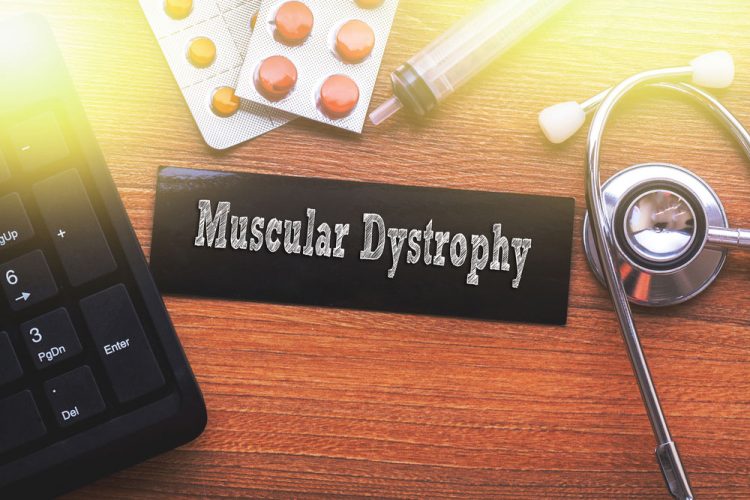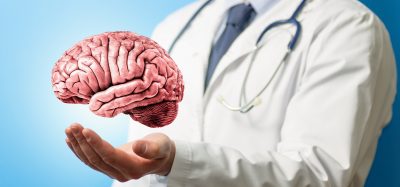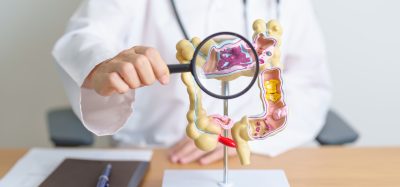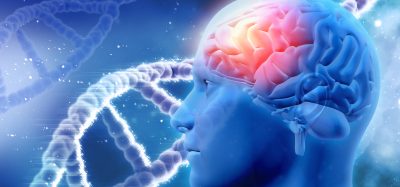BDNF protein could be key to preserving heart function in DMD
Posted: 6 August 2018 | Drug Target Review | No comments yet
A protein known to drive nerve cell survival in the brain and spinal cord may also protect failing hearts in children and young adults with DMD…


A protein known to drive nerve cell survival in the brain and spinal cord might also protect failing hearts in children and young adults with Duchenne muscular dystrophy (DMD), according to preliminary research.
Children with Duchenne muscular dystrophy often begin to lose muscle strength and function between ages three and five. Duchenne cardiomyopathy follows, in which patients’ heart muscles stiffen and lose function. Cardiomyopathy often leads to heart failure and death in children and young adults with the disease.
It’s hard to predict when cardiomyopathy will happen in Duchenne patients, but when it does, there are no effective or specific treatments aimed at preserving heart function at this time, according to study author Dr Cristi L. Galindo, Research Assistant Professor of medicine at Vanderbilt University Medical Center in Tennessee. Gaining a greater understanding of how cardiomyopathy occurs in these patients could help to develop a future treatment.
Biomarkers aren’t just supporting drug discovery – they’re driving it
FREE market report
From smarter trials to faster insights, this report unpacks the science, strategy and real-world impact behind the next generation of precision therapies.
What you’ll unlock:
- How biomarkers are guiding dose selection and early efficacy decisions in complex trials
- Why multi-omics, liquid biopsy and digital tools are redefining the discovery process
- What makes lab data regulatory-ready and why alignment matters from day one
Explore how biomarkers are shaping early drug development
Access the full report – it’s free!
Dr Galindo and colleagues studied a small group of Duchenne muscular dystrophy patients and measured blood levels of the protein brain-derived neurotrophic factor (BDNF) and its receptor tropomyosin kinase B (TrKB). The receptor, TrKB, attaches to BDNF which then sends chemical signals to the cells to protect against cell death. They noted that BDNF seemed to increase initially in patients whose hearts were still functioning but decreased as patients’ heart function declined.
“Researchers have long known that BDNF is important for brain function. It helps brain cell survival and growth and promotes memory. Our research shows BDNF also appears to be heart protective and heart-specific. Data suggests the more there is, the better the heart function in the patient,” Dr Galindo said.
In addition, researchers examined whether it was possible to increase BDNF and if it might preserve heart function in these patients by studying mice that mimicked human Duchenne patients’ disease progression.
The researchers gave mice a plant-derived compound, the TrkB agonist 7,8-dihydroxyflavone (DHF), that binds to the TrkB receptor, mimicking the cell-preserving activity that occurs when BDNF binds to the receptor. The compound was administered orally for 26 weeks in the mice’s drinking water.
“The fact that DHF can be delivered orally is important for Duchenne patients,” she said. “These children are suffering from muscle degeneration. You don’t want to poke them every five minutes.”
Echocardiography showed DHF preserved the heart’s function, compared to mice that didn’t receive DHF. When researchers gave mice the TrkB inhibitor K252a, the opposite occurred and heart function declined.
In general, Dr Galindo and colleagues found BDNF and TrkB are required for the heart’s strong and vigorous contraction (contractility) and survival of cardiomyocytes – the heart’s cells.
Related topics
Disease Research, Protein, Proteomics, Research & Development
Related conditions
Duchenne muscular dystrophy (DMD)
Related organisations
Vanderbilt University Medical Center
Related people
Dr Cristi L. Galindo








